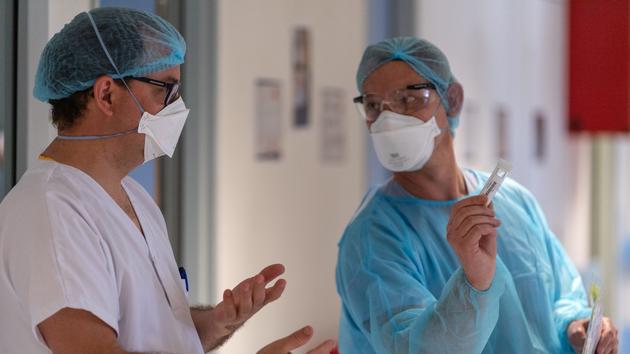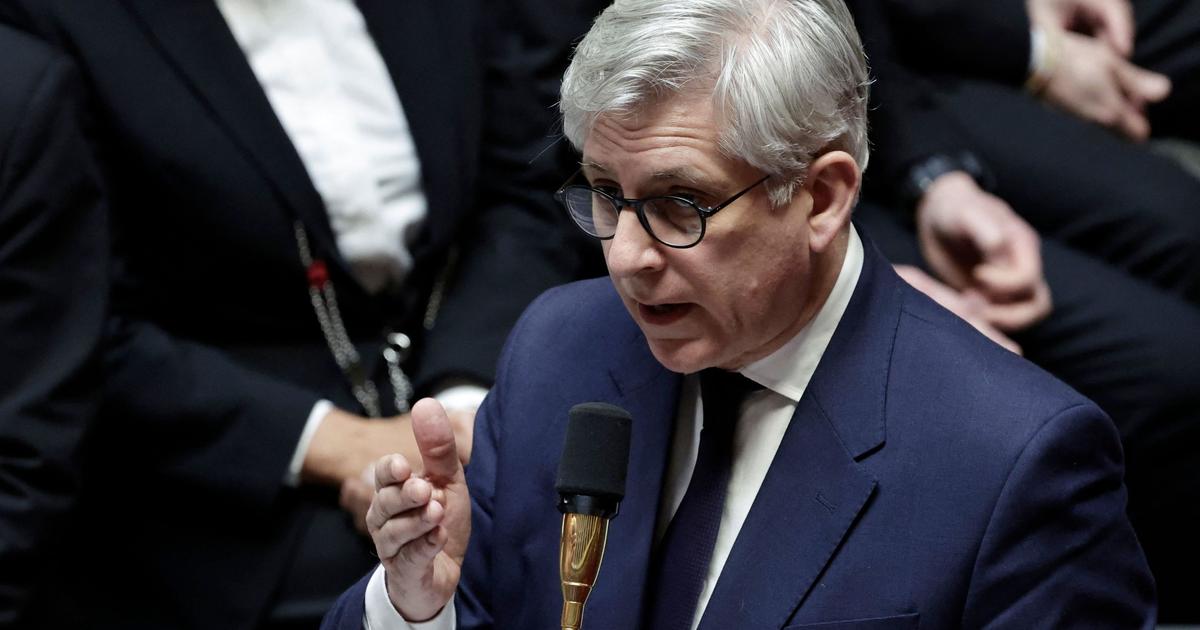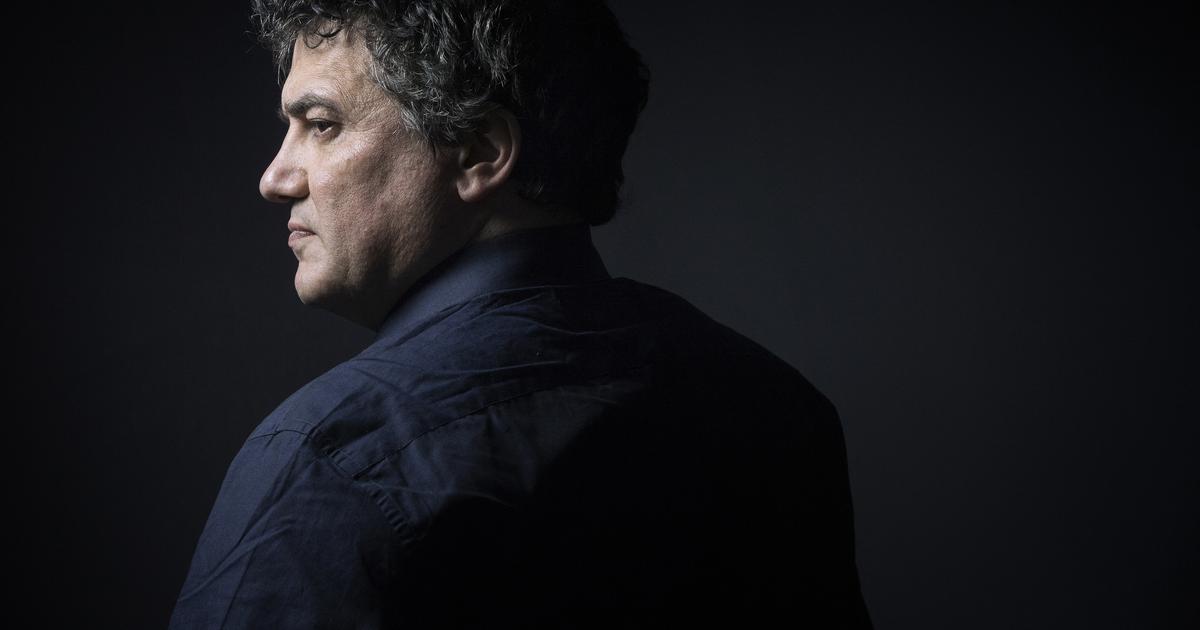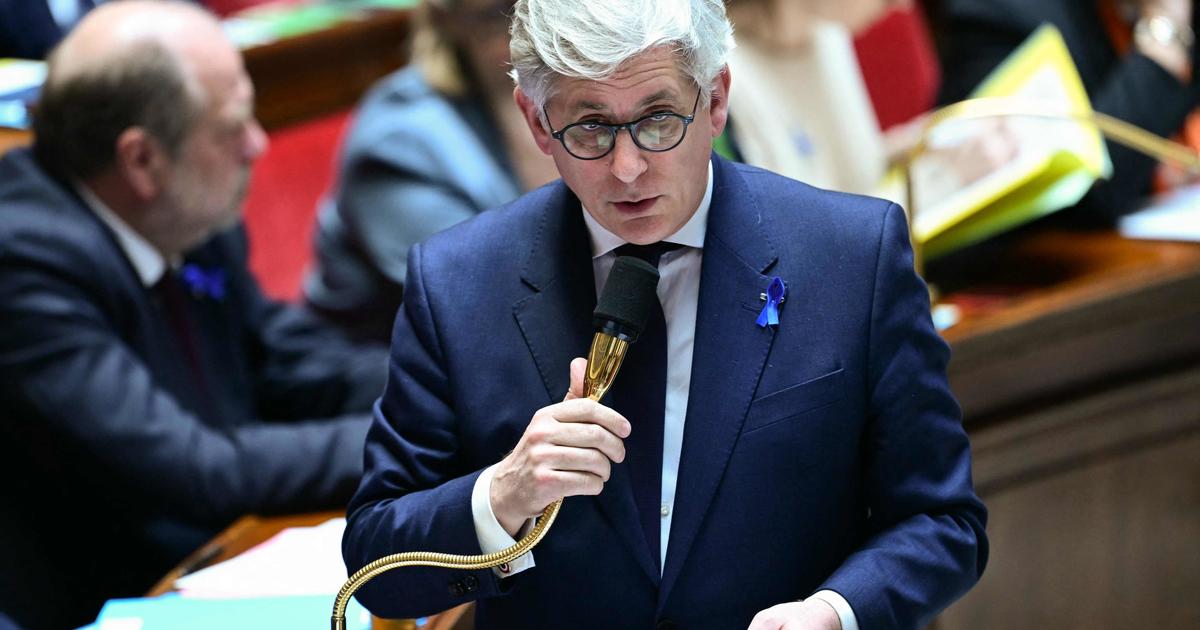Dr Patrick Pelloux is an emergency physician and President of the Association of Emergency Physicians of France.
The time has come for transparency, for free speech. The crisis has highlighted the ineffectiveness of the technocratic shackles of our health system.
Who saved lives and works to care for patients during the crisis? The caregivers.
Who has innovated and found resourcefulness solutions? Caregivers and citizens.
Who was sacrificed without protective equipment while the DGS and the ARS seized the masks at the borders on the grounds of distribution management? The caregivers. The material never arrived and these were exposed and sacrificed. As a symbol, protective gowns cut from garbage bags.
The health crisis introduces a new paradigm for our health system.The health crisis introduces a new paradigm for our health system. However, it cannot be built on the foundations of the one who led us into the wall. Nor with the same advisers to government officials. The government must take note of the failure of its university advisers who brought citizens to this health tragedy.
If our political leaders want new solutions, let them give voice to hospital practitioners and finally listen to caregivers at the bedside.
For 20 years, we denounce the lack of means, staff, but we did not get along and the successive policies comforted the administrative managers, overwhelmed the caregivers by crushing them with inept administrative tasks and of no other use than to exhaust the caregivers who lose all critical sense.
The crises had no effect: the mortality during the heat wave had no real impact and the HPST law, known as the Bachelot law, completed muzzling the caregivers.
The time when taxes finance administrative positions is over.Citizens must reclaim their public hospital, they are entitled to it, but the time when their taxes finance administrative posts is over. We treat with people and equipment and not with commissions and administrators who have demonstrated their incompetence and dangerousness towards caregivers and patients.
So you who applaud us today, continue to show us your support when we fight for better care for you, today and tomorrow.
In this major crisis that we are going through and which is not over, the AMUF is rebelling against the first attempts of guardianships (ARS Grand Est) aiming at a rapid return of a purely accounting and financial logic of public hospitals. We, the AMUF, are already asking for an increase in the Numerus Clausus of 1000 students from this academic year.
We ask again and again for an increase in the salaries of hospital staff; the immediate cessation of bed closings and an increase in the number of nursing staff in nursing homes.
The AMUF solemnly requests the abandonment of the hospital savings plans.It is time to do like the other countries of Europe or the United States and to position doctors as hospital director.
The AMUF solemnly requests the abandonment of the savings plans of the hospitals which have brought the hospital to its knees and will systematically denounce all the departments which will adopt this logic of restriction. The AMUF also recommends the dissolution of COPERMO, a technocratic structure disconnected from the field which requires for all new projects a reduction of 30% in the number of hospital beds with untenable staff ratios.
We want a hospital that is able to accommodate all patients and also during an epidemic. A hospital designed for care and not for the industrial production of medico-technical acts. A hospital designed for care does not need tents or improvised circuits. It is designed for the care of all including contaminated and contaminated people. It is designed to adapt to fluctuations in activity, including for epidemic crises. Its capacity must therefore allow it with a sufficient number of beds including for the sheave beds which on the contrary have been closed in recent years. The dogma of the ambulatory patient must be reviewed because the hospital does not take care of pathologies but humans who suffer physically, psychologically and socially. We ask to restore the diversity and modularity of hospital capacities. It is necessary to reopen the resuscitation of proximity which like today were recreated in the urgency and by using the material of the operating theaters forcing the surgeons to postpone the interventions.
It was a hospital in distress that mobilized these latter forces to confront COVID-19.Our health system must be able to face crises and epidemics because it happens, with means of protection, of the resuscitation beds. Our country must have companies that produce and are able to adapt to unforeseen events and challenges, and bring our country to life.
For the deconfinement: priority for the future of the country, we must deploy the means to target the contaminating people, and be able to take care of the patients who will inevitably be reached.
Above all, we want caregivers who are well treated. Before the COVID-19 epidemic, entire departments were closed for lack of nurses and doctors.
It was a hospital in distress that mobilized these latter forces to confront COVID-19. If the government is content with a few bonuses and congratulations, there will be no hospital tomorrow!
Unconventional signs with numerous supports, coming from inside the hospital administration itself, show us that we are at AMUF in the true as regards our conception of the paradigm of the hospital system to come.















